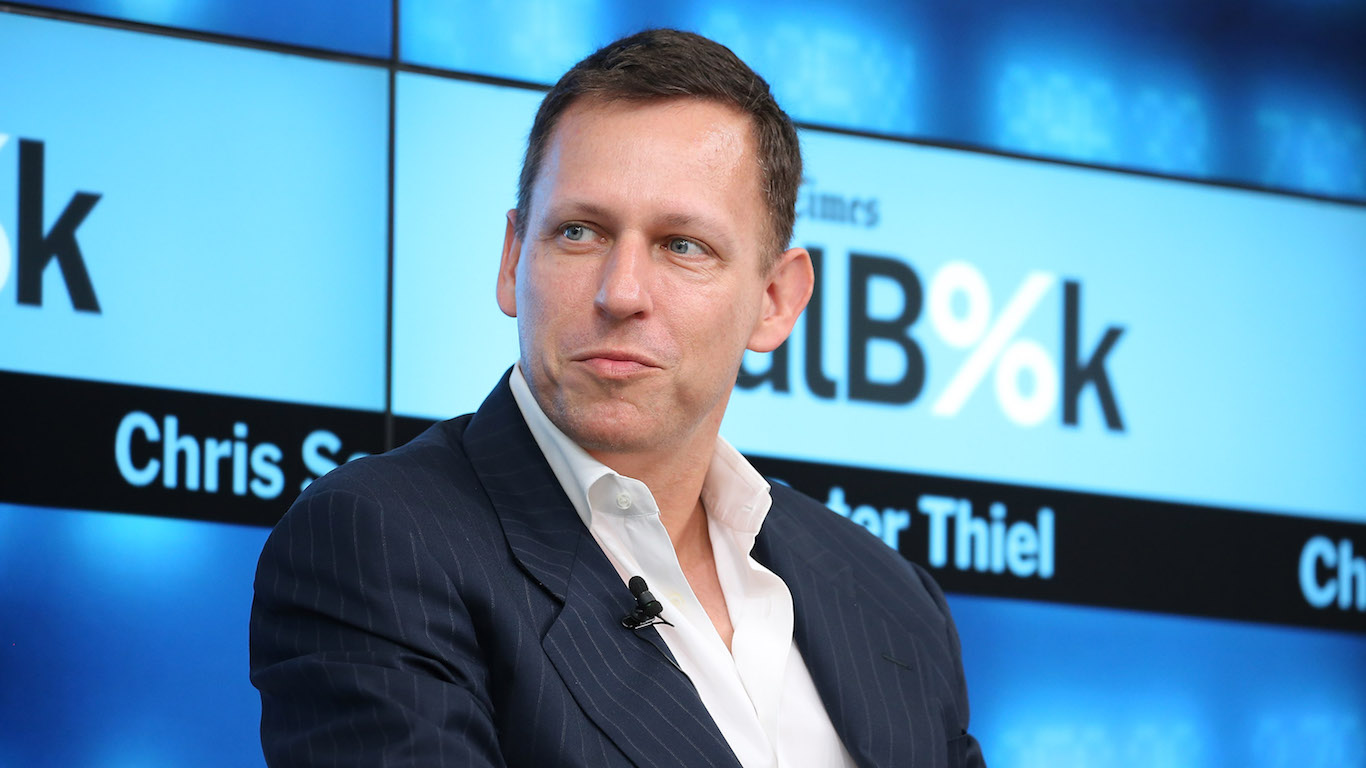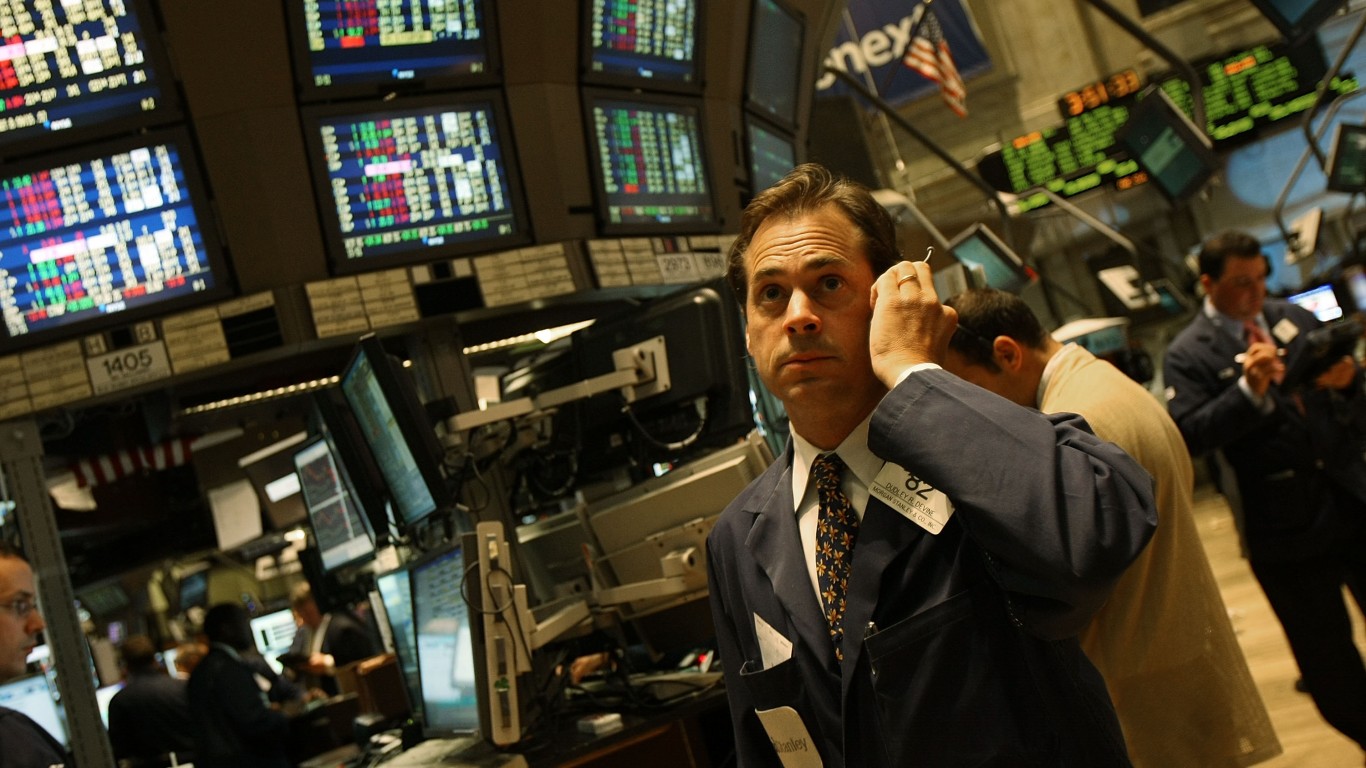
(A native of England, veteran journalist Matthew Diebel has worked at NBC News, Time, USA Today and News Corp., among other organizations.)
How the gas industry was handed a marketing gift
Gas. I recall being confused by that word when I first landed on these shores from England about 50 years ago. “Why isn’t it called petrol?” I asked my cousin as he pumped fuel into his tricked-out Plymouth Barracuda. “Well, it’s a shortening of the word gasoline,” he explained. “Well, what is the stuff you use for cooking and heating your house?” I asked. “That’s natural gas,” he told me.
For me, meanwhile, gas — the stuff you use in your stove — was gas. In the U.S., however — in part because of the confusion of the shortened moniker for gasoline and in part to differentiate it from the old methods of producing gas from coal and oil — the phrase “natural gas” has arisen. And though it wasn’t coined as a green-sounding name, it has been embraced by the fossil fuel industry as a convenient way of making its product sound relatively benign when it comes to its pollutive effects.
“There’s nothing natural about fracking; there’s nothing natural about thousands of miles of pipelines and there’s nothing natural about the indoor air pollution that is associated with gas,” Caleb Heeringa, campaign director of the environmental advocacy group Gas Leaks, told Phys.Org.
With this in mind, Heeringa and other environmentalists are pushing regulators to set a policy discouraging companies from using the term “natural gas” in marketing, arguing it inaccurately casts the substance as a clean, green source of energy. Alternatives pitched by activists include “methane gas” and “fossil gas.” In particular, they aim to influence the Federal Trade Commission as it plans updates to its Green Guides, which govern environmental marketing claims…
Subscribe to Callaway Climate Insights to keep reading this post and get 7 days of free access to the full post archives.
Get Ready To Retire (Sponsored)
Start by taking a quick retirement quiz from SmartAsset that will match you with up to 3 financial advisors that serve your area and beyond in 5 minutes, or less.
Each advisor has been vetted by SmartAsset and is held to a fiduciary standard to act in your best interests.
Here’s how it works:
1. Answer SmartAsset advisor match quiz
2. Review your pre-screened matches at your leisure. Check out the advisors’ profiles.
3. Speak with advisors at no cost to you. Have an introductory call on the phone or introduction in person and choose whom to work with in the future
Get started right here.
Thank you for reading! Have some feedback for us?
Contact the 24/7 Wall St. editorial team.




